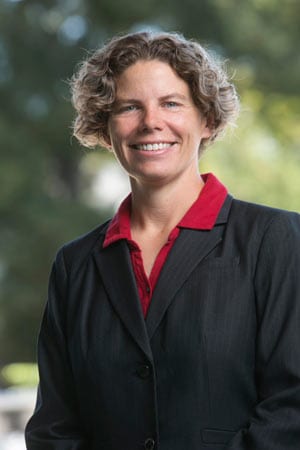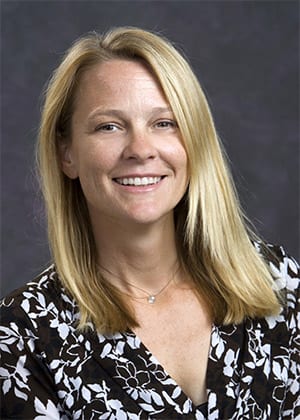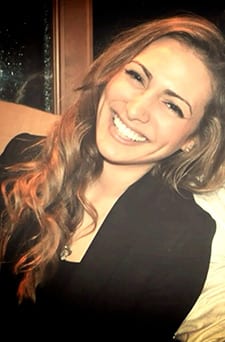By Andrew Cohen

For the past several years, law schools have grappled with how to provide the right balance between doctrinal courses that teach legal principles and practical training. Too often, students see these dual goals as a vexing fork in the road or, even worse, in conflict with one another.
As Berkeley Law’s experiential education offerings continue to expand, the school stresses a different approach. Case in point: the new Mediation Lab in Estates and Trusts. Taught by Betsy Candler, the one-credit course is available this fall for students taking Lecturer in Residence Kristen Holmquist’s Estates and Trusts course, or those who enrolled previously.
“This course pairs two very successful teachers in an exciting pilot partnership,” said Ty Alper, clinical professor and associate dean for experiential education. “Students will get a valuable opportunity to experience real-life application of the principles they’re learning in a more traditionally doctrinal class. We’re continually looking for ways to infuse our doctrinal courses with experiential components like this.”
The lab constitutes a test drive of sorts, as Candler has identified several other courses that may also benefit from a mediation or advanced dispute resolution lab—such as Family Law, Criminal Procedure, Land Use Law or Employment Law.
A mediator herself, Candler will enlist other area mediators to share insights and facilitate student simulation exercises. Candler, the outgoing director of Berkeley Law’s LL.M. Legal Research and Writing Program, will evaluate the lab’s success after the fall semester—and assess where else it could be useful.
Following the 2008 recession, the demand for mediation steadily increased amid court budget cuts and increasingly crowded dockets. The exorbitant costs of litigation discovery—and the increase in cost-conscious clients—further stoked mediation’s coals.

“Mediation is becoming more and more popular in legal practice, especially in an area like estates and trusts,” said Candler, a former criminal defense lawyer. The idea is to give Holmquist’s students “a chance to work through some of the case studies they’re learning about, in a real-world mediation setting.”
Humanizing the law
Playing character roles, students will use real-life scenarios to explore how mediation can best resolve—and prevent—conflicts from decisions about the distribution of a decedent’s property. Grades will be based on students’ written work, class participation and performance of the simulation exercises.
Holmquist, Berkeley Law’s associate director of experiential education and the director of its Academic Skills Program, jumped at the chance to incorporate a mediation component. She finds herself relentlessly emphasizing to students how crucial the human element is in estates and trusts.
“Yes, the laws and legal concepts are important,” she said. “But love, sex, marriage, divorce, grudges, family dynamics—they all impact considerably a lawyer’s work in this field.” Holmquist added that Candler’s “experience as a mediator and teaching skills will be extremely valuable in helping students learn how to navigate these issues.”

Sarah Manasevit ’17, who met Candler while externing at the nonprofit SEEDS Community Resolution Center in Berkeley this past school year, has enrolled in both courses. At SEEDS, she worked as a mediation case developer and assisted mediation and restorative justice trainings. Recently asked to join the center’s board of mediators, Manasevit took a clear lesson from her experience: excellent lawyering requires more than understanding the law and how to apply it.
“Clients seek legal representation when they’re embroiled in conflict, which often implicates deep emotional and psychological needs,” she said. “Most people drawn to the legal profession have a natural propensity for intellectualizing, and the profession demands that. But law students who also hone their social and emotional intelligence skills, through classes like Mediation Lab, are better equipped to meet their clients’ needs.”
Manasevit noted that when law schools help students infuse their traditional lawyering ability with advanced interpersonal skills, those students can “interact with clients in ways that allow them to feel heard and cared for. I believe strongly that these blended classes reflect the appropriate standard for legal education, a standard that’s firmly grounded in client needs.”
For Holmquist, adding a mediation component to Estates and Trusts enriches not only her own course, but Berkeley Law’s broad push to integrate practical and doctrinal learning.
“We have an obligation to give our students the best possible classroom experience and prepare them for practice,” she said. “This new class definitely serves that goal.”